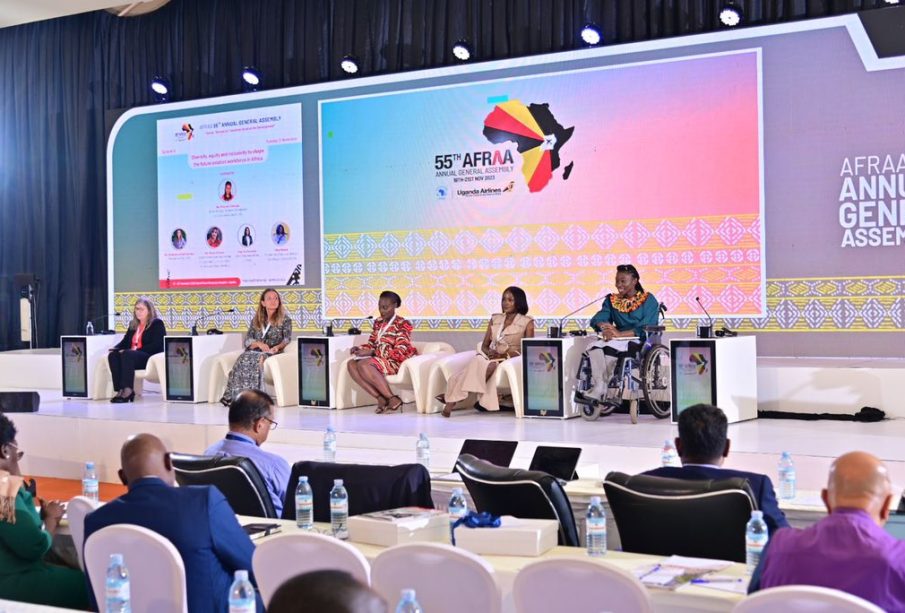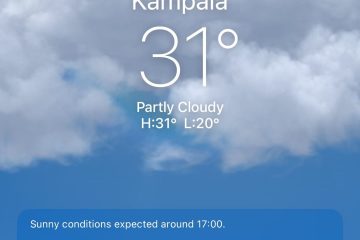High Taxes Strain African Airlines, Call for Single African Air Transport Market Ratification

Delegates at the 55th General Assembly of the African Airline Association (AFRAA) have voiced concerns about the high taxes impeding African airlines’ operational costs, hindering intra-continental connectivity and trade. The assembly emphasized the need for the ratification of the Single African Air Transport Market (SAATM) to eliminate barriers and facilitate the development of the African aviation sector.
Despite contributing approximately $72.5 billion to the African GDP and supporting about 6.8 million jobs, the African aviation sector accounts for only 2.1% of global air transport traffic. Intra-continental trade remains at a mere 18%, a challenge attributed to the high costs of air travel influenced by taxes and visa restrictions.
Kamil Al-Awadhi, Regional VP for Africa and the Middle East at IATA, raised questions about the significant disparities in the cost of flying to various destinations within Africa compared to other regions. He emphasized that operating an airline in Africa is 8-20% more costly than in Europe.
The AFRAA secretariat reported that only 34 out of the 54 African countries have agreed to grant free access to their airspace under SAATM. Gen Edward Katumba Wamala, Uganda’s Minister of Transport and Works, affirmed the country’s commitment to ratifying SAATM soon, highlighting Uganda’s open airspace.
With the African Continental Free Trade Area (AfCFTA) aligning with Africa Agenda 2063, initiatives like SAATM are seen as crucial to increasing intra-continental trade from the current 18% to over 30%. Jennifer Bamuturaki, AFRAA President and CEO of Uganda Airlines, outlined the challenges facing the industry.
President Museveni, represented by Vice President Jessica Alupo, reiterated Uganda’s support for the development of the aviation sector, emphasizing its significance in the continent’s transformative journey. The call for SAATM ratification underscores the collective effort to overcome hurdles and foster greater connectivity and economic development in Africa.










